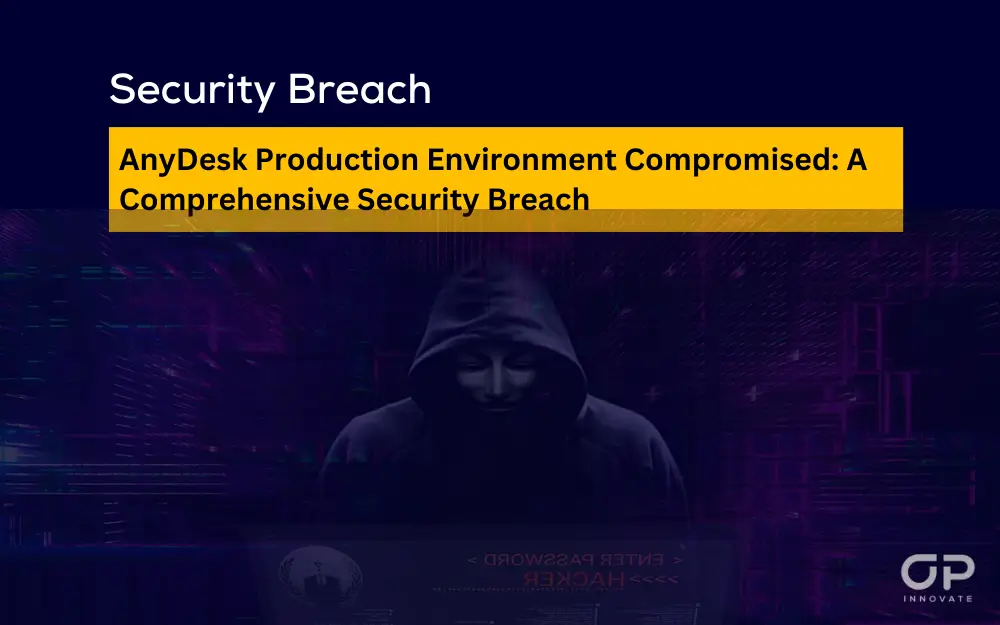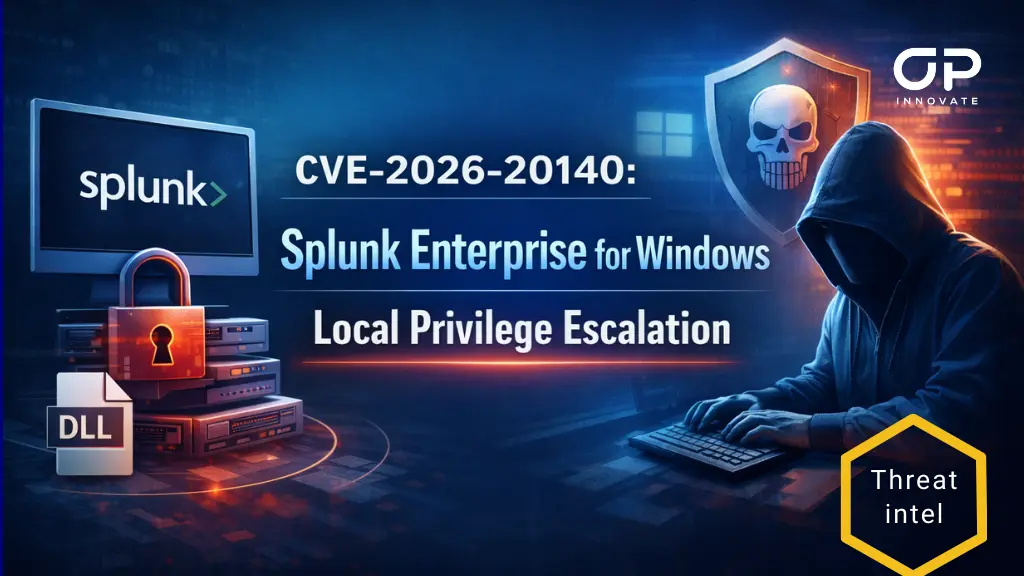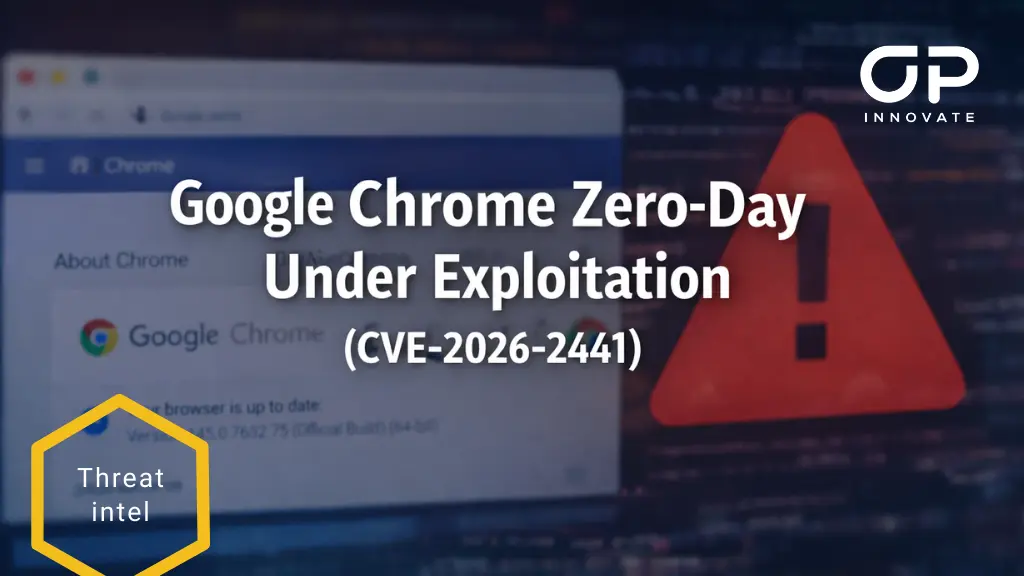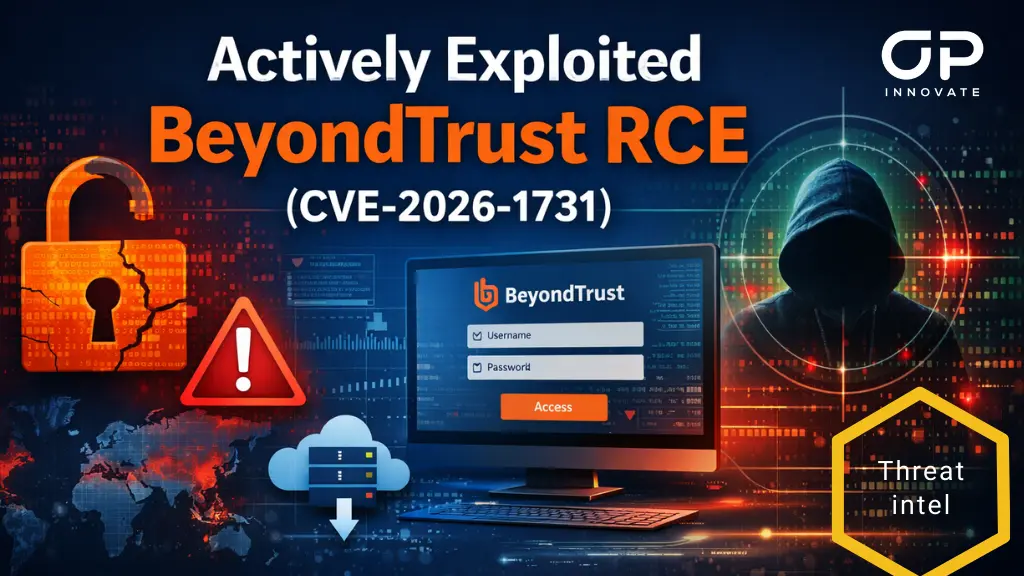AnyDesk, a prominent remote desktop software solution, confirmed a significant security breach within its production systems. The incident, which was first detected due to unusual activities on the production servers, resulted in unauthorized access and the theft of source code and code signing certificates. Despite these unsettling developments, AnyDesk assures that no authentication tokens were compromised, emphasizing that these tokens, integral to session security, reside solely on the user’s device, linked to its unique fingerprint.
Breach Identification and Mitigative Action:
Upon noticing unusual activities signaling a compromise within their production servers, AnyDesk promptly initiated an extensive response protocol. This involved partnering with cybersecurity specialists, CrowdStrike, to undertake a detailed security audit and execute strategic remediations, ensuring swift and effective containment of the breach.
Nature of Compromised Data:
During the breach, perpetrators managed to illicitly acquire critical assets, specifically the source code and private code signing keys of AnyDesk. This unauthorized access raises substantial concerns regarding both the software’s integrity and the overarching security of its user base.
Security Enhancements and User Safety Measures:
Post-breach, AnyDesk took decisive steps to fortify security and safeguard user interests:
- Enhanced Password Security: In response to potential credential exposure, the company rendered all web portal passwords void, advocating for users to establish new passwords. This recommendation held particular weight for users with identical credentials across diverse platforms.
- Certificate Overhaul: To counter the threat of malicious entities distributing counterfeit software, AnyDesk annulled all previous code signing certificates. Concurrently, the company integrated a new code signing certificate, featured in the newly launched software version 8.0.8 for Windows.
- Comprehensive Security Review and Collaborative Efforts: A meticulous security review was conducted, during which AnyDesk actively engaged with pertinent authorities, ensuring a coordinated and transparent approach to incident management. Notably, the company clarified that the breach was unrelated to any ransomware activities.
- Proactive User Engagement and Update Encouragement: AnyDesk maintained open lines of communication with its users, furnishing them with a specialized query to identify and secure executables linked to the obsolete certificate. Reinforcing this dialogue, the company underlined the importance of migrating to the latest software iteration, thereby ensuring users of enhanced digital protection.
The breach of AnyDesk’s production environment marks a significant security event, given the widespread use of the software across various enterprises, including notable organizations such as 7-Eleven, Comcast, and the United Nations. While the company has taken immediate and robust actions to contain the breach and enhance security measures, the incident underscores the persistent and evolving threat landscape in the realm of cybersecurity. Users are urged to heed the company’s advice by updating their software to the latest version, changing their passwords, and staying vigilant against potential threats stemming from this breach.









